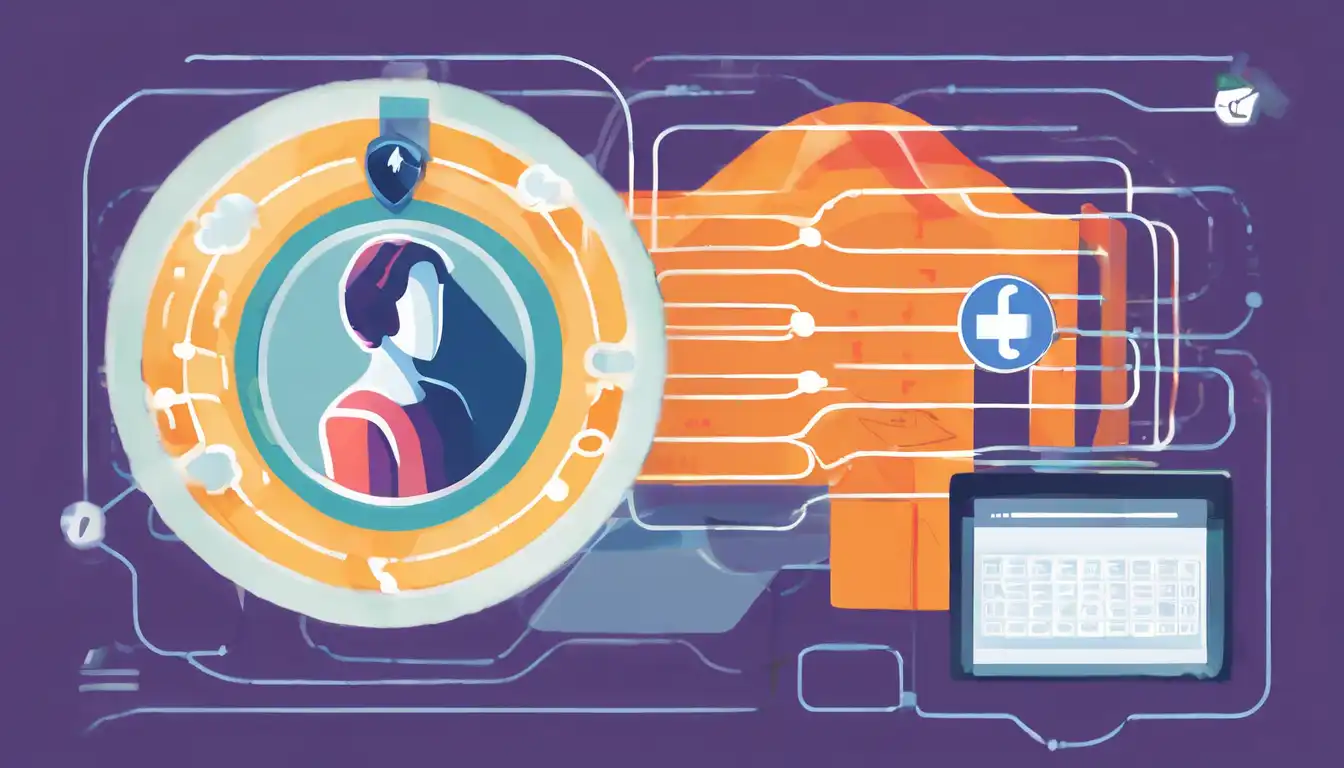Why VPNs Are Crucial for Online Privacy
In today's digital age, protecting your online privacy has never been more important. With cyber threats on the rise, a Virtual Private Network (VPN) serves as a critical tool in safeguarding your personal information. This guide will explore the ins and outs of VPNs and how they contribute to your online privacy.
What Is a VPN?
A VPN is a service that encrypts your internet connection and hides your IP address, making your online actions virtually untraceable. This not only secures your data from hackers but also protects your privacy from intrusive surveillance.
How Does a VPN Protect Your Privacy?
By routing your connection through a secure server, a VPN masks your real IP address, making it appear as though you're accessing the internet from a different location. This is particularly useful for avoiding censorship, accessing geo-blocked content, and preventing tracking by advertisers.
Choosing the Right VPN for Your Needs
Not all VPNs are created equal. Here are some factors to consider when selecting a VPN service:
- Security Features: Look for VPNs with strong encryption protocols and a no-logs policy.
- Server Locations: More server locations mean more options for bypassing geo-restrictions.
- Speed: A good VPN should offer fast connection speeds without significant drops.
- Compatibility: Ensure the VPN supports all your devices and operating systems.
The Role of VPNs in Internet Security
Beyond privacy, VPNs play a vital role in overall internet security. They protect your data on public Wi-Fi networks, prevent identity theft, and secure your online transactions. For more on enhancing your internet security, check out our guide on Internet Security Tips.
Common Misconceptions About VPNs
Despite their benefits, there are several misconceptions about VPNs. Some believe they're only for tech-savvy individuals or that they slow down your internet speed significantly. However, modern VPNs are user-friendly and optimized for speed, making them accessible to everyone.
VPNs and Online Anonymity
While VPNs significantly enhance your privacy, it's important to note that they don't make you completely anonymous online. Combining a VPN with other privacy tools, such as secure browsers and encrypted messaging apps, can further protect your identity.
Final Thoughts on VPNs and Online Privacy
In conclusion, VPNs are an essential tool for anyone looking to protect their online privacy and security. By understanding how they work and choosing the right service, you can enjoy a safer and more private internet experience. Remember, in the digital world, taking proactive steps to protect your data is not just optional—it's necessary.
For further reading on related topics, explore our articles on Data Protection Strategies and Secure Browsing Habits.
